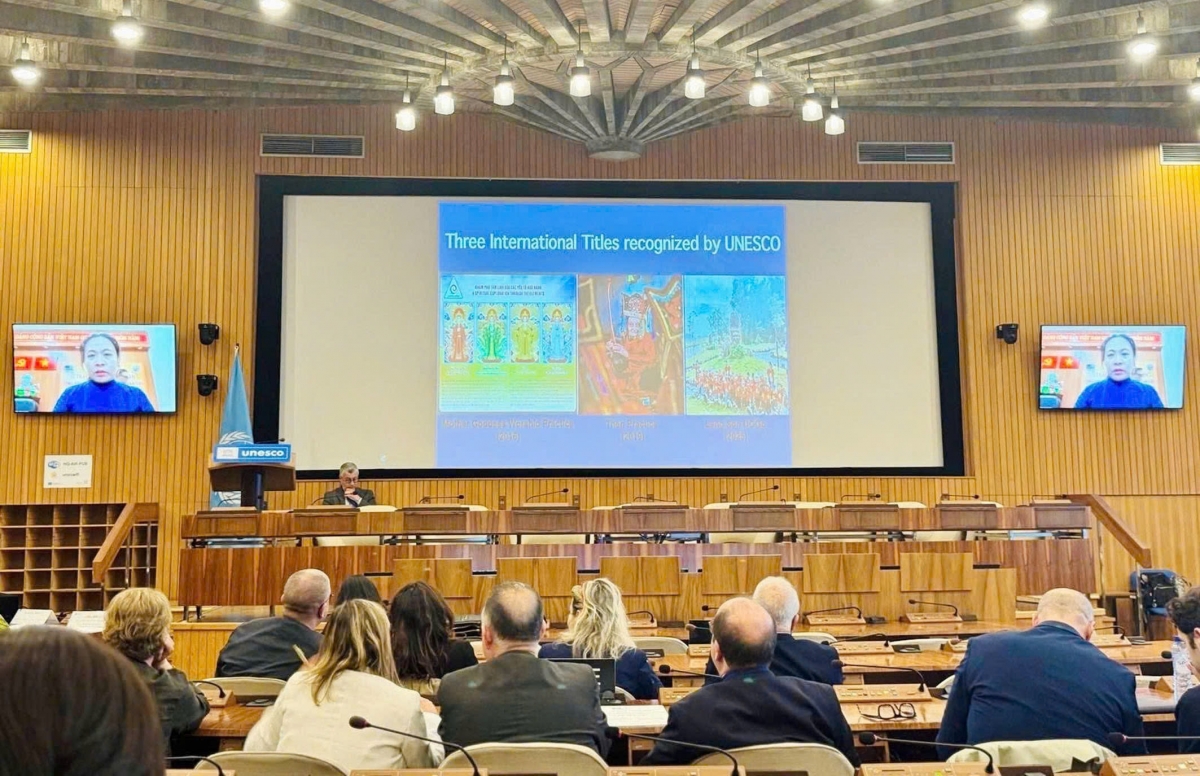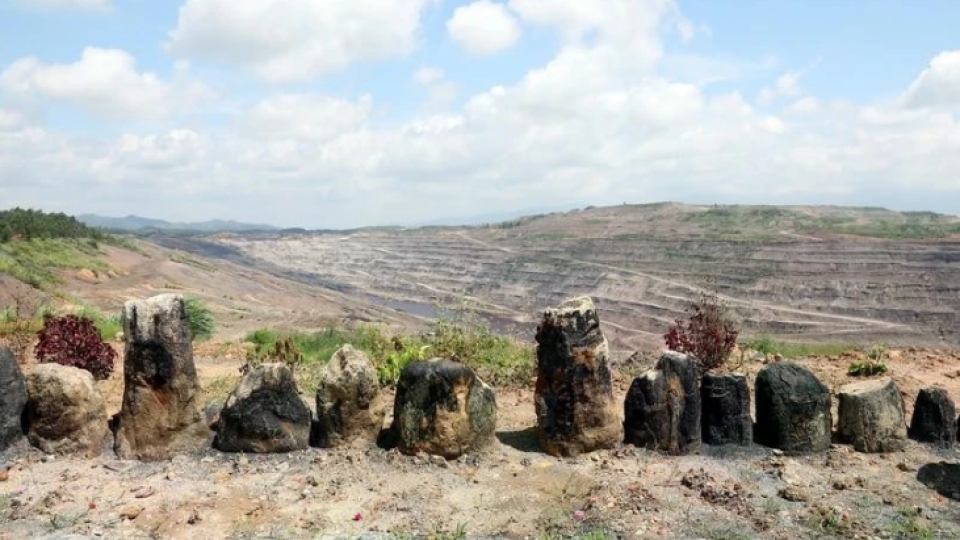UNESCO honours Lang Son Geopark of Vietnam with global title
VOV.VN - The United Nations Educational, Scientific and Cultural Organisation (UNESCO) held a ceremony to present certificates of recognition to newly designated UNESCO Global Geoparks, including Lang Son Geopark of Vietnam, at its headquarters in Paris on June 2.

It is the fourth UNESCO Global Geopark in Vietnam, after Dong Van Karst Plateau (recognised in 2010), Non Nuoc Cao Bang Geopark in 2018 and Dak Nong Geopark in 2020.
Lang Son Geopark was voted as a UNESCO Global Geopark during the 8th Asia–Pacific Geoparks Network Symposium in Cao Bang province, Vietnam, last September. The designation was approved by the UNESCO Global Geoparks Council after a thorough evaluation of the site's geological significance, conservation efforts, and community involvement.
The geopark covers 4,842.58 km², spanning 8 administrative units and accounting for 58% of the province's area and 78% of its population. It preserves important geological evidence of Earth's history over hundreds of millions of years, including records of ancient seas, volcanic activity, and ecosystem development.
The geopark features archaeological sites with traces of human presence dating back 30,000 to 470,000 years, showcasing the deep-rooted human history of the area.
It is home to Tay and Nung ethnic communities with rich traditions. It also hosts landmarks like Bac Le Temple, a key site in the Mother Goddess worship practice, which is inscribed by UNESCO as Intangible Cultural Heritage of Humanity.
With around 200 caves and scenic waterfalls, Lang Son Geopark has strong potential for eco-tourism and adventure tourism development.
The designation of Lang Son Geopark as a UNESCO Global Geopark not only affirms its unique geological and cultural values but also offers new opportunities for sustainable tourism development, heritage conservation, and international cooperation
It is a major milestone that boosts Lang Son's visibility on the global tourism map and contributes to Vietnam's reputation for natural and cultural richness.





